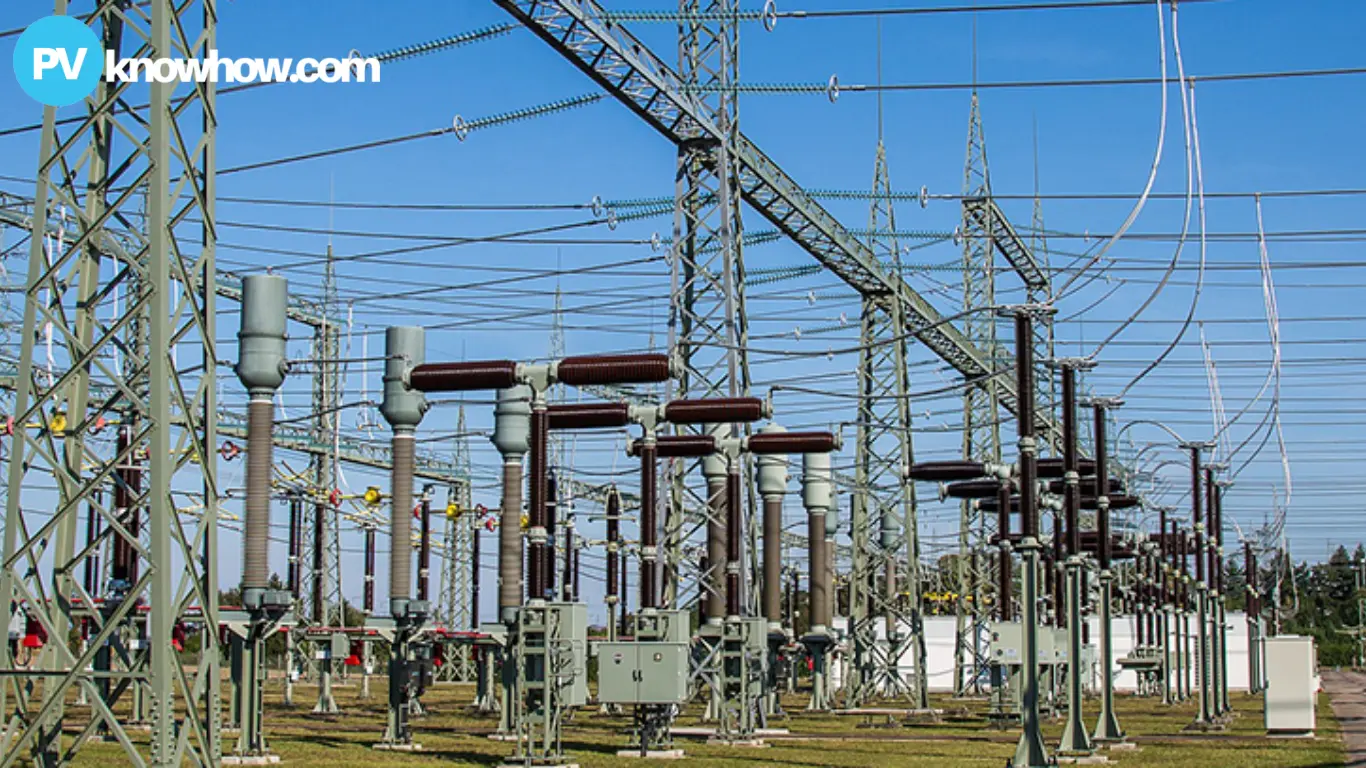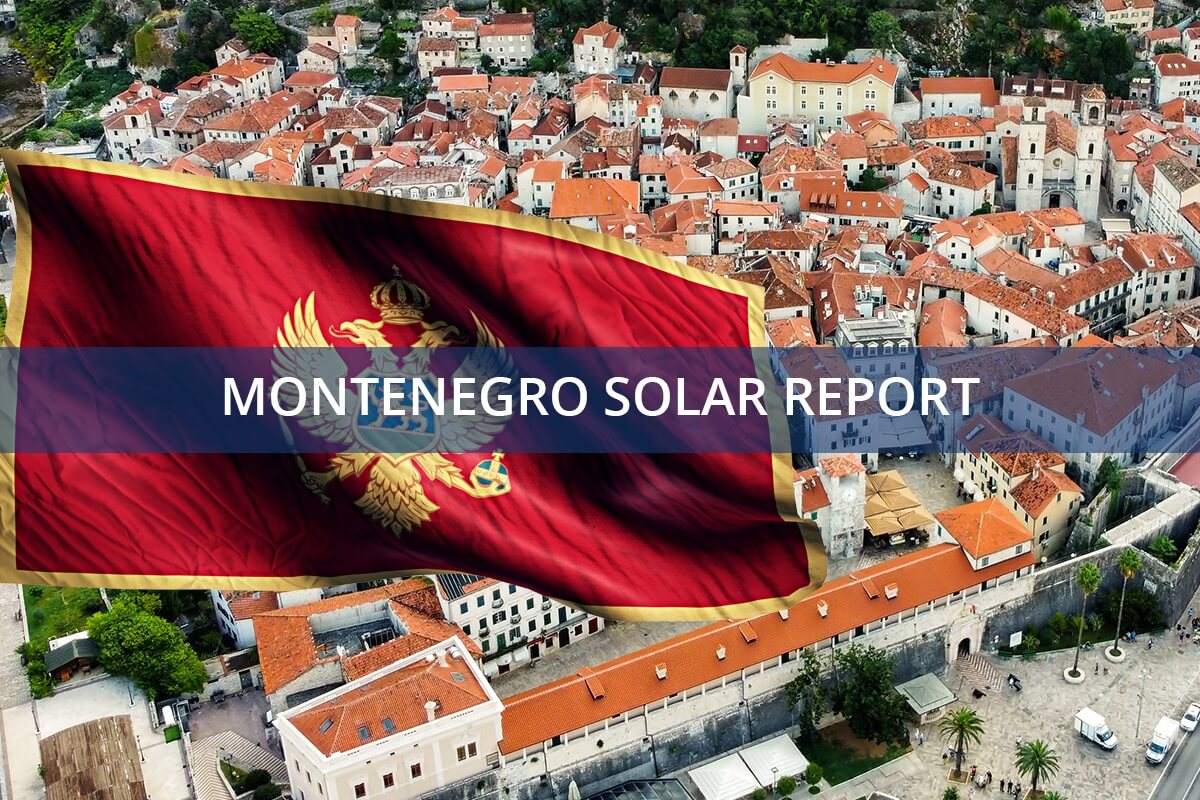The European Bank for Reconstruction and Development (EBRD) is enhancing Montenegro’s renewable energy infrastructure with a €28 million loan to Crnogorski Elektroprenosni Sistem (CGES). This investment will upgrade the Brezna electrical substation, thereby integrating 400 MW of renewable energy into the grid, and advancing Montenegro's decarbonization efforts.
Boosting Renewable Energy
The European Bank for Reconstruction and Development (EBRD) is set to significantly enhance Montenegro’s renewable energy infrastructure with a sovereign-guaranteed loan of up to €28 million to Crnogorski Elektroprenosni Sistem (CGES).
This significant investment aims to upgrade the Brezna electrical substation in north-western Montenegro, a critical project that will facilitate the integration of 400 MW of renewable energy into the national grid.
The Brezna substation upgrade is projected to reduce transmission losses by 13 GWh annually, providing a more reliable and secure electricity supply within Montenegro and across the region. This upgrade is part of a larger strategy to reinforce the Trans-Balkan corridor; a key infrastructure link that connects countries in the region to Italy and the European Union.
The project involves the installation of two power transformers that will connect to the national transmission network via the new Lastva – Pljevlja transmission line. This will elevate the facility’s capacity to 400/110 kV, facilitating the connection of numerous renewable energy power plants currently under preliminary development by private entities.
Strengthening Montenegro's Electric Transmission System
The Brezna substation is a pivotal element of Montenegro’s electric transmission system, linking the 400 kV Cevo – Pljevlja 2 transmission line with the existing power grid to create a robust 400 kV ring. This upgrade also lays the groundwork for a prospective power link to Sarajevo.

Brezna substation strengthens Montenegro's grid and supports future renewable energy connections.
In addition to the EBRD's loan, the European Union is providing a technical assistance grant of €1.05 million from the Western Balkans Investment Framework (WBIF). This grant will support the development of a feasibility study, an environmental and social impact assessment, and preliminary design for the Brezna substation project.
Moreover, the EBRD’s Shareholder Special Fund has contributed €90,000 to further support these preliminary efforts. This comprehensive support underscores the importance of the Brezna substation project in advancing Montenegro’s renewable energy capabilities.
EBRD’s Commitment to Montenegro’s Green Transition
As part of this initiative, the EBRD and the EU will offer capacity-building opportunities and develop guidelines to enable regulators and other key local stakeholders to work effectively with CGES. This collaboration aims to create a level playing field for renewable energy in Montenegro’s electricity market, ensuring that new and existing renewable energy projects can compete on equal footing.
The EBRD is also assisting CGES in obtaining a WBIF investment grant for this project, with a decision expected in December. This multi-faceted support structure is designed to ensure the project's success and long-term sustainability.
Since beginning operations in Montenegro in 2007, the EBRD has invested €846 million in 88 projects. The EBRD is focusing on supporting private sector competitiveness, driving the green transition, and further integrating Montenegro into regional and global markets. This latest investment in the Brezna substation is a testament to the EBRD’s ongoing commitment to Montenegro’s energy sector and sustainable development goals.
The EBRD's investment in the Brezna substation marks a significant stride towards Montenegro's green energy transition. These initiatives not only contribute to Montenegro's energy security, but also position the country as a key player in the regional renewable energy landscape. As Montenegro continues to advance its renewable energy infrastructure, these projects will play a crucial role in meeting the country's decarbonization targets and supporting the global effort to combat climate change.

